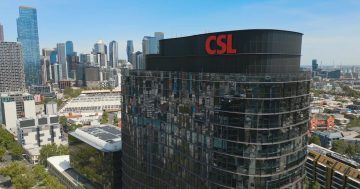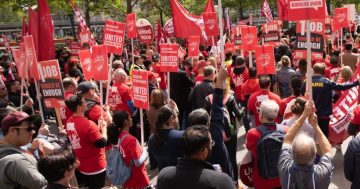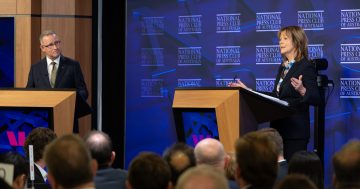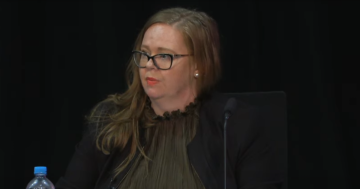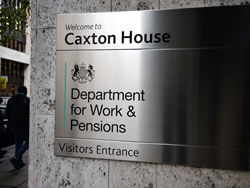 The United Kingdom Department for Work and Pensions has announced that it intends to close dozens of its offices around the country, with a union claiming that 8,000 Public Servants could lose their jobs.
The United Kingdom Department for Work and Pensions has announced that it intends to close dozens of its offices around the country, with a union claiming that 8,000 Public Servants could lose their jobs.
Minister for Work and Pensions, David Rutley confirmed the Department’s intention to make large-scale office closures after the Public and Commercial Services (PCS) union revealed the news.
Mr Rutley said around 28 back-of-house offices across the country would be relocated and some 12,000 employees would move to different sites.
He said there were around 1,300 Public Servants who would not be able to move to other offices as there were no other suitable sites nearby and so could lose their jobs.
However, the PCS union said the figure would be closer to 8,000 once the process was complete.
General Secretary of the PCS, Mark Serwotka said the Government was quick to clap Public Servants at the start of the COVID-19 pandemic and were even quicker to scrap them now it had declared the pandemic was over.
“Our members have worked tirelessly behind the scenes, keeping the country running, paying out benefits to almost two-and-a-half million families, helping them to put food on the table and keep a roof over their heads,” Mr Serwotka said.
“Now, as food and fuel prices rise faster than ever, they’re being abandoned by the Government and left to fend for themselves.”
He said offices closing with no alternative site being offered were in Aberdeen, Barrow in Furness, Bishop Auckland, Blackburn, Bury St Edmunds, Chippenham, Exeter, Gravesend, Kirkcaldy, Milton Keynes, Peterborough, Southampton, and Hanley in Stoke-on-Trent.
A Government spokesperson said the moves were part of a plan “to improve the services we deliver to claimants, help more people into employment and modernise public services”.
“This is not a plan to reduce our headcount — where possible, people will be offered other opportunities,” the spokesperson said.
Meanwhile, Mr Serwotka said his members had sent a strong message to Ministers that a double-digit pay rise needed to be on the table following the results of a consultative ballot.
The ballot found 80.7 per cent of members were willing to take industrial action in support of the PCS’s 10 per cent pay demand, which Mr Serwotka said followed 10 years of frozen or capped salaries that had equated to a real-term drop in living standards of 20 per cent.
London, 26 March 2022





